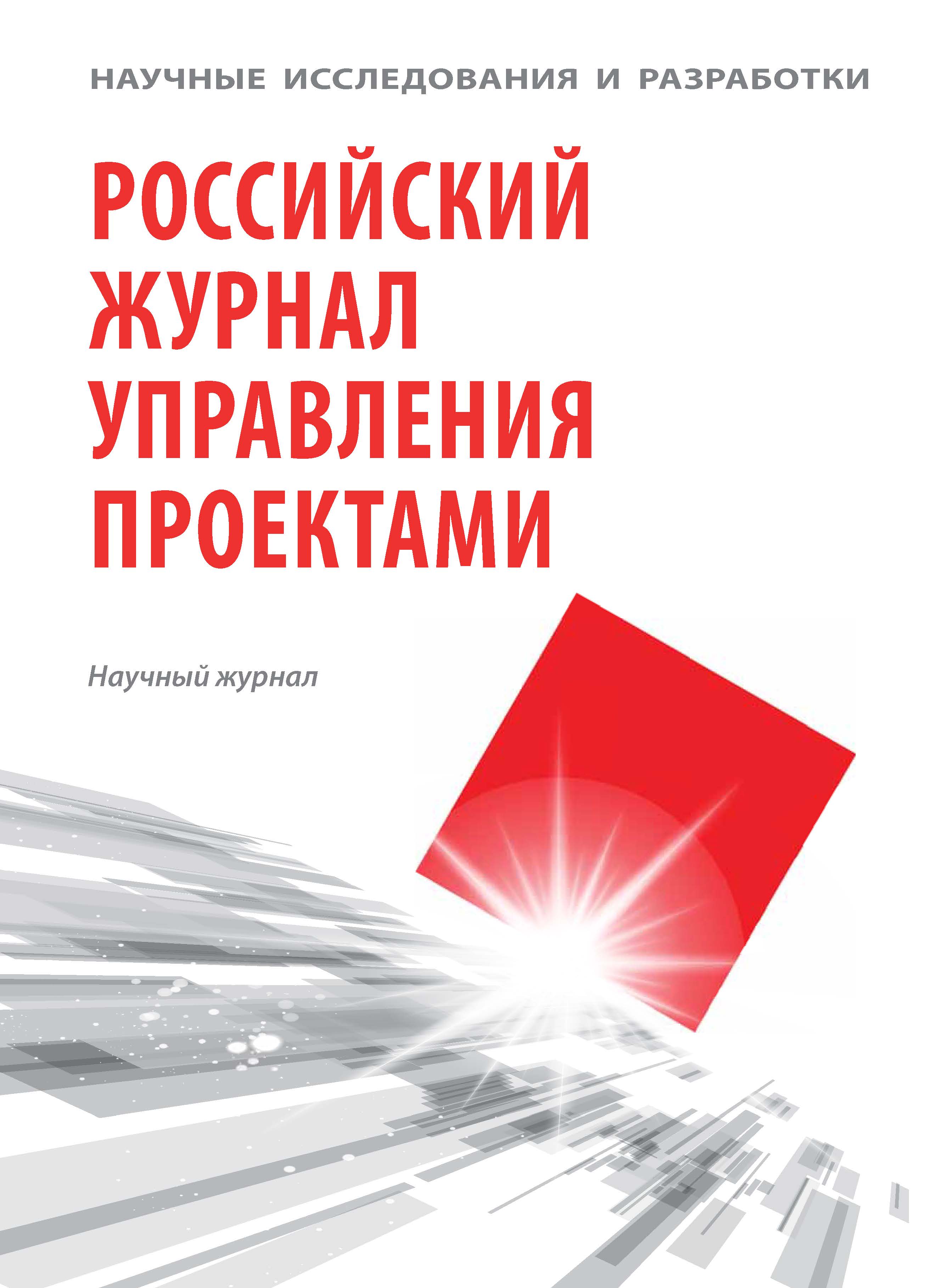This paper explores the reasons for resistance to digital transformation projects in FMCG companies. The purpose of the work is to develop recommendations for mitigating resistance. Within the framework of the study, an in-depth analysis of existing theoretical approaches and a quantitative analysis based on a sample of more than 60 respondents working in the FMCG sector were carried out. It was found that employees are prone to resistance in the absence of trust in the company's management and the project as a whole. At the same time, the fear of losing a job reduces the willingness to get involved in digitalization projects for people with higher education, while for people without it, maintaining employment is not decisive. It was also revealed that employees of FMCG companies are unwilling to overwork and disrupt the work-life balance, regardless of their attitude to digitalization. Finally, it turned out that employees working remotely are less likely to resist digital transformation projects.
digital transformation, resistance to change, employee resistance
1. Alsharoa, M., Greggb, D., Ramirez, R., Virtual team effectiveness: The role of knowledge sharing and trust (2017), Information & Management, Volume 54, Issue 4Pages 479-490
2. Aslam, U., Ilyas, M., Muhammad Kashif Imran , Ubaid- Ur- Rahman, Detrimental effects of cynicism on organizational change: An interactive model of organizational cynicism (a study of employees in public sector organizations) (2016), Journal of Organizational Change Management
3. Bagrationi, K., Thurner, T., Using the future time perspective to analyse resistance to, and readiness for, change (2020), Employee Relations, Vol. 42 (1), pp. 262-279
4. Burke, W., Organization Change: Theory and Practice (2014), 4th ed., Sage Publications, Thousand Oaks, CA
5. Chiu, H. and Fogel, J., The role of manager influence strategies and innovation attributes in innovation implementation (2017), Asia-Pacific Journal of Business Administration, Vol. 9 No. 1, pp. 16-36
6. Erwin, D., Garman, A., Resistance to organizational change: linking research and practice (2010), Leadership & Organization Development Journal, Vol. 31 (1), pp. 39-56
7. Ford, R., Piccolo, R., Ford, L., Strategies for building effective virtual teams: Trust is key (2017), Business Horizons, Volume 60, Issue 1, Pages 25-34
8. Huy, Q, Emotional balancing of organizational continuity and radical change: the contribution of middle managers. (2002), Administrative Science Quarterly, Vol. 47 No. 1, pp. 31-69
9. Huy, Q., Corley, K. and Kraatz, M., From support to mutiny: shifting legitimacy judgments and emotional reactions impacting the implementation of radical change (2014), Academy of Management Journal, Vol. 57 No. 6, pp. 1650-1680
10. Men, L., O’Neil, J., Ewing, M., Examining the effects of internal social media usage on employee engagement (2020), Public Relations Review, Vol.46, Issue 2
11. Strack, R., Bailey, A., Lovich, D., People priorities for the new now (2020), BCG Publication
12. Suh, A., Lee, J., Understanding teleworkers’ technostress and its influence on job satisfaction (2017), Internet Research, Vol. 29
13. Vega, R., Anderson, A., Kaplan, S., A Within-Person Examination of the Effects of Telework (2015), Journal of Business and Psychology, Vol. 30, pp. 313-323
14. Zwick, T., Employee resistance against innovations (2002), International Journal of Manpower






